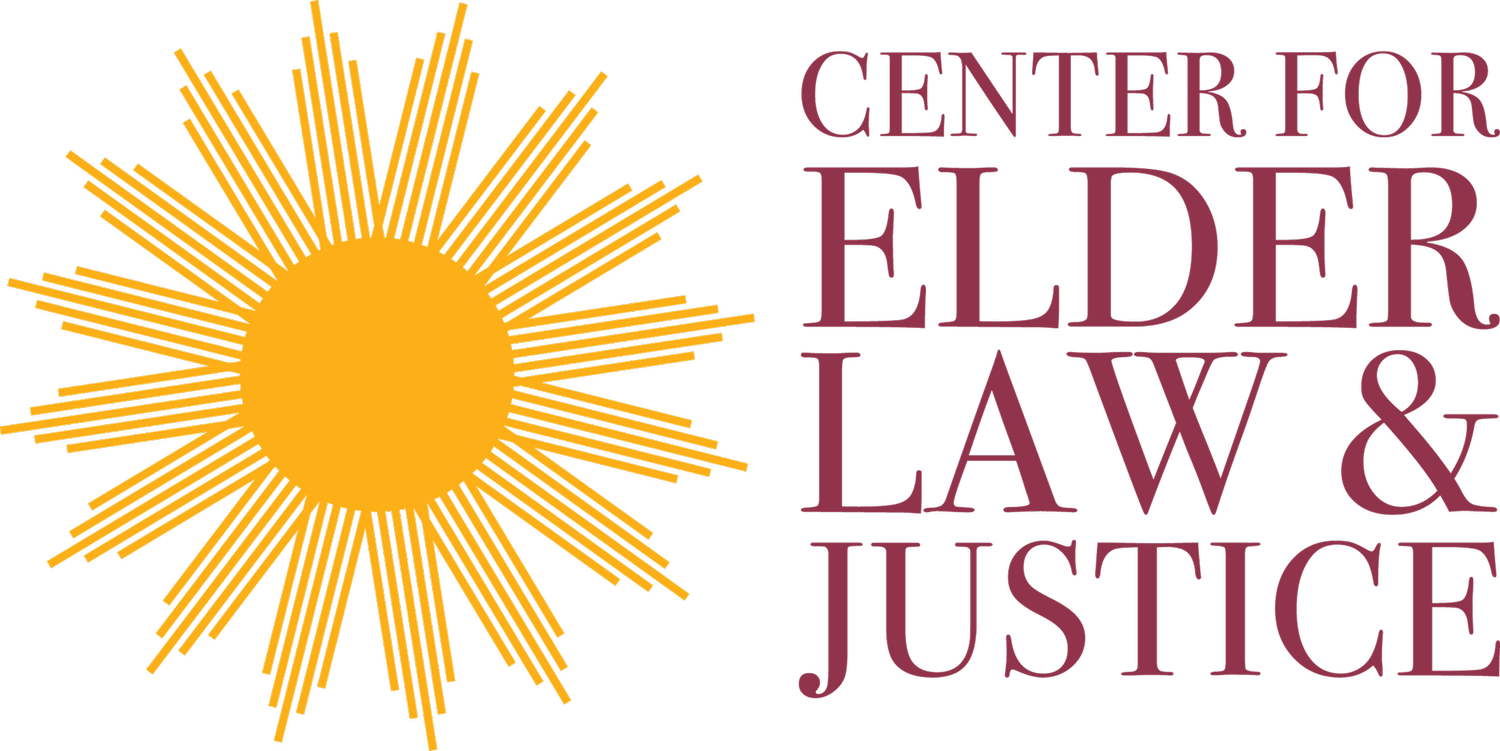Senior Domestic Violence Rose during covid-19 - Resources for Western New yorkers
October is Domestic Violence Awareness Month.
At the time this was written, October was particularly notable because COVID-19 had left many domestic violence victims in the worst setting possible: isolated with their abusers.[1] COVID-19 caused further safety issues to victims because many safe settings, like shelters and hotels, reduced capacity or shut down.[2] Domestic violence is a deep-seated, common issue that takes many forms; it can be physical, emotional, sexual, and psychological.[3] One in four women and one in ten men experience domestic violence.[4] Like many other social issues, domestic violence has a disproportionate effect on people of color and other marginalized groups.[5] Domestic violence is also stereotypically considered a problem for younger generations, however, this is false. This ageist stereotype puts up barriers preventing individuals from identify the warning signs of domestic violence in the senior population, as well as prevents senior victims from realizing that they are experiencing domestic violence. Because of this, senior domestic violence is dangerously underreported; for every case of senior abuse reported, there are 23 unreported cases.[6]
Signs of domestic violence include:
Changed behavior
Low self-esteem
Visible injuries
Weight loss
Decreased control of finances
Depression
Anxiety
COVID-19 increased senior domestic violence due to added household stressors and isolation. Adult children being laid-off or working remotely, and grandchildren attending virtual schooling added stress to many households, creating more strain on adult children who care for their senior family members. COVID-19 further isolated seniors. Many senior victims could not go out to stores due to an increased risk of infection; requiring victims to rely on their abusers for necessities such as groceries and medications, further perpetuating uneven power dynamics. During the height of COVID-19 or in it’s wake, there are local resources to assist senior domestic violence victims. Center for Elder Law and Justice assists seniors who experience domestic violence through The Crime Victims Justice Project.
The Crime Victims Justice Project provides no cost, legal and dispute resolution assistance to individuals in Erie, Niagara, Genesee, and Cattaraugus counties. The Crime Victims Justice Project handles cases for all types of domestic violence from physical abuse to financial exploitation. For further information, please call Center for Resolution and Justice at (716) 362-2323. In Chautauqua and Cattaraugus Counties, Center for Elder Law and Justice’s Elder Advocacy Program (EAP) assists victims of elder abuse 55 year of age and older through a holistic, comprehensive approach. The EAP assesses a victim’s full range of legal and non-legal needs, linking them with appropriate services in the community, providing legal representation, including with obtaining Orders of Protection and addressing financial exploitation, and working in collaboration with community partners such as law enforcement and Adult Protective Services. For assistance please call Center for Elder Law and Justice’s Dunkirk Office at (716) 261-3275.
Erie County has a confidential, 24 hour domestic violence hotline, staffed with advocates who provide resources for domestic violence victims, including housing resources. For further information, or to speak with an advocate, please call (716) 862-HELP (4357).[7]
Most domestic violence victims will not seek help. Look for warning signs and abusive power dynamics. This Domestic Violence Awareness month and beyond, you can help transform domestic violence victims into domestic violence survivors.
[1] Evans, Megan L., et al. “A Pandemic within a Pandemic - Intimate Partner Violence during Covid-19: NEJM.” New England Journal of Medicine, 29 Sept. 2020, www.nejm.org/doi/full/10.1056/NEJMp2024046.[2] Id.[3] Id.[4] Id.[5] Id.[6] Brandl, Bonnie. “Recognizing and Responding to Domestic Violence and Sexual Abuse in Later Life.” Recognizing and Responding to Domestic Violence and Sexual Abuse in Later Life | American Society on Aging, www.asaging.org/blog/recognizing-and-responding-domestic-violence-and-sexual-abuse-later-life.[7] “Domestic Violence: Erie County Department of Social Services.” Domestic Violence | Erie County Department of Social Services, www2.erie.gov/socialservices/domestic-violence.

